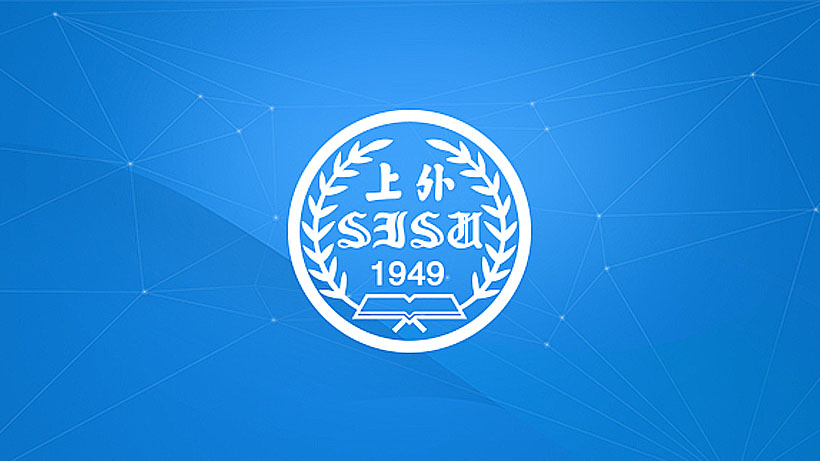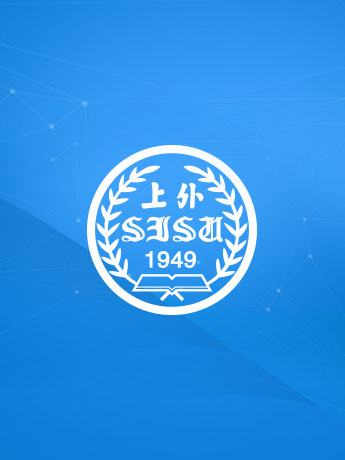
COURSE FOR PHD STUDENTS
A 1-credit PhD course (School of English IC Direction)
Dates: Students should plan to attend TWO sessions in Hongkou and ONE in Songjiang
Songjiang: Friday afternoons, 1:-00-6:00 (2 times 6 periods), May 12, 19
Hongkou: Sunday May 14: 10am to 6pm (8 periods) +
Saturday May 20: 10am to 6pm (8 periods)
Alternating Hongkou and Songjiang campuses (one trip to the other campus)
COURSE FOR MA STUDENTS
A 1-credit MA course (School of English or School of Journalism/Comm IC Direction)
Dates: Students should plan to attend TWO sessions in Songjiang and ONE in Hongkou
Songjiang: Friday afternoons, 1:-00-6:00 (2 times 6 periods), May 12, 19 (MUST attend)
Hongkou: Sunday May 14: 10am to 6pm (8 periods) or
Saturday May 20: 10am to 6pm (8 periods)
Mainly on Songjiang + one trip to Hongkou campus (choose at least 1 time)
Course Description: This course is designed to expose students to important and influential international topics in intercultural and/or cross-cultural interpersonal, intergroup, mass communication. The role and mission of a communication scholar are to examine human symbolic activity as it shapes and is shaped by relationships, institutions, and societies. This work concerns the creation, analysis, and critique of messages, and devotes particular attention to understanding the ways in which communication sustains and erodes collaboration within and among local, national, and global communities.
These 3-4 sessions will focus on the Contact Hypothesis, Intergroup Contact Theory, and Anxiety/ Uncertainty Management. This course is largely “social scientific,” covering material from communication, social cognition, and social psychology (rather than rhetoric). We will briefly touch on social identity, identity processes, stereotypes, intergroup communication, communication accommodation, and inte.
新闻报道

